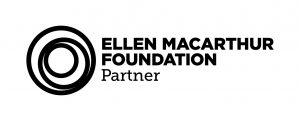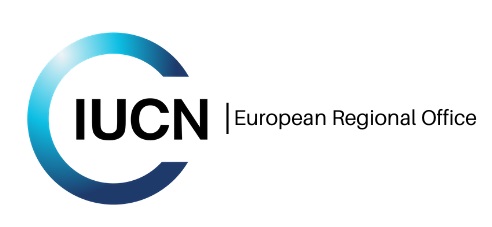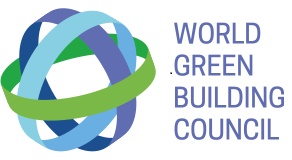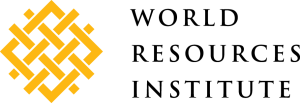GLOBE EU Partnerships
In addition to its relationship with the members of the Bee Group, GLOBE EU engages in partnerships with organizations whose objectives on achieving the Sustainable Development Goals are complementary.
These partnerships form the basis for enhanced cooperation on issues of mutual concern and go above and beyond the support which GLOBE EU enjoys from a variety of stakeholders, notably in the preparation of topical events.
The partnerships are created to enable GLOBE EU members to benefit from the knowledge and expertise of like-minded organizations on specific topics. They also help to gain traction for the policies that will be necessary to achieve the SDG targets by communicating important findings and policy recommendations internally and through each party’s network of stakeholders.
Furthermore, GLOBE EU will work closely with and seek advice from partner organizations when organizing joint activities to draw attention to issues of common interest.

The Ellen MacArthur Foundation is a UK-based charity committed to the creation of a circular economy that tackles some of the biggest challenges of our time, such as waste, pollution, and climate change. A circular economy designs out waste and pollution, keeps products and materials in use, and regenerates natural systems, creating benefits for society, the environment, and the economy. The Ellen MacArthur Foundation works closely with designers, businesses, educators, and policymakers around the world to achieve this.

The International Union for Conservation of Nature (IUCN), is the first global environmental authority on the status of the natural world and the measures needed to safeguard it. The IUCN European Regional Office covers 38 countries, including all the countries of the European Union, representing 359 Members. It connects and engages in policy dialogues with European institutions, governments, civil society, NGOs, and the science and business communities to improve conservation policy and action. IUCN’s aim is to encourage international cooperation and provide scientific knowledge and tools to guide conservation action.

The World Green Building Council (WorldGBC) catalyzes the uptake of sustainable buildings for everyone, everywhere.
Transforming the building and construction sector across three strategic areas — climate action, health & well-being, and resources & circularity — the WorldGBC is a global action network comprised of around 70 Green Building Councils around the globe.
As members of the UN Global Compact, the WorldGBC works with businesses, organizations, and governments to drive the ambitions of the Paris Agreement and UN Global Goals for Sustainable Development. Through a systems change approach, its network is leading the industry towards a net-zero carbon, healthy, equitable, and resilient built environment.

The World Business Council for Sustainable Development is the premier global, CEO-led community of over 200 of the world’s leading sustainable businesses working collectively to accelerate the system transformations needed for a net-zero, nature-positive and more equitable future.
WBCSD does this by engaging executives and sustainability leaders from business and elsewhere to share practical insights on the obstacles and opportunities we currently face in tackling the integrated climate, nature, and inequality sustainability challenge; by co-developing “how-to” CEO guides from these insights; by providing science-based target guidance including standards and protocols; and by developing tools and platforms to help leading businesses in sustainability drive integrated actions to tackle climate, nature and inequality challenges across sectors and geographical regions.
Its member companies come from all business sectors and all major economies, representing a combined revenue of more than USD $8.5 trillion and 19 million employees. Its global network of almost 70 national business councils gives WBCSD members unparalleled reach across the globe.
Since 1995, WBCSD has been uniquely positioned to work with member companies along and across value chains to deliver impactful business solutions to the most challenging sustainability issues.

The World Resources Institute is a global research organization that works with governments, businesses, multilateral institutions, and civil society groups to develop practical solutions that improve people’s lives and ensure nature can thrive.
We organize our work around seven global challenges: Food, Forests, Water, Energy, Climate, the Ocean, and Cities. We analyze these issues through the lenses of our four Centers of Excellence: Business, Economics, Finance, and Equity.
Our more than 1,700 staff have deep expertise in policy, research, data analysis, economics, political dynamics, and more. We currently have offices in 12 countries: Brazil, China, Colombia, Ethiopia, India, Indonesia, Kenya, Mexico, the Netherlands, Turkey, the United Kingdom, and the United States.
WRI’s growing footprint in Europe amplifies the Institute’s global impact by drawing on the continent’s global intellectual, leadership, and financing role in development and environmental issues.
